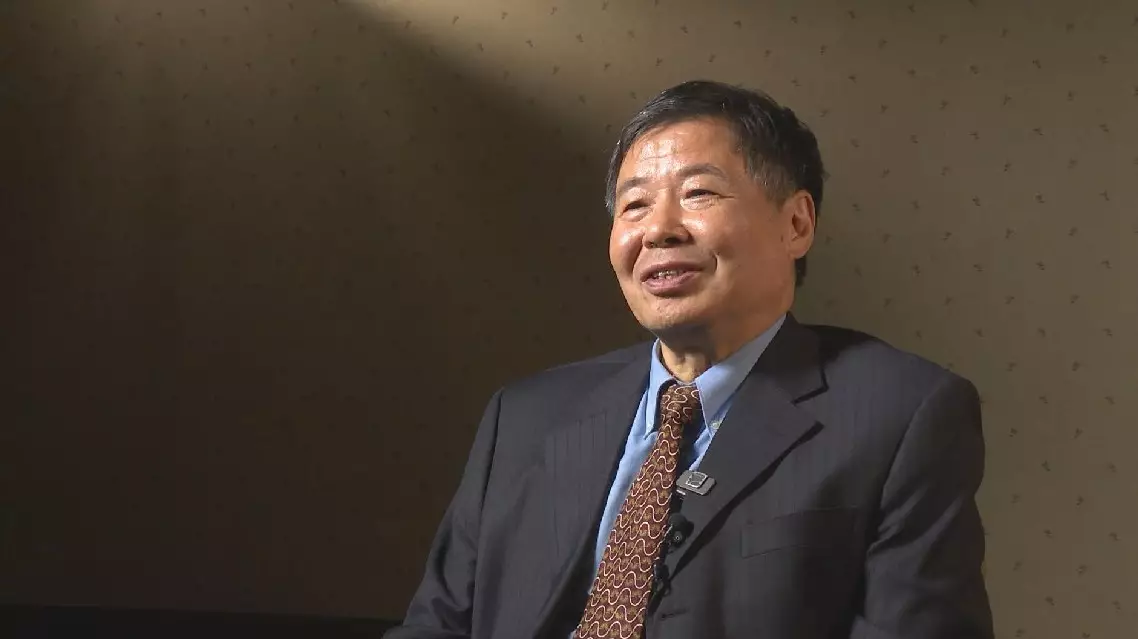Southwest China's Yunnan Provinces, the largest coffee growing area in the country, is blessed with high altitudes and a favorable climate ideal for cultivating high-quality coffee beans.
By introducing advanced production technologies and processing machinery, the province has improved local coffee quality and the industry has rapidly expanded in recent years.
In 2022, Yunnan had a total coffee cultivation area of about 7.6 million hectares and its annual output of raw coffee beans exceeded 140,000 tonnes, making a total output value of more than 37 billion yuan (about 5.1 billion U.S. dollars).
Local authorities have launched a series of preferential policies and measures to improve conditions for the coffee producers, operators and growers, and promote sustained and healthy development of the industry.
Expert teams and training courses have also been rolled out over the years across the province to ensure the high-quality development of the industry.
"We provide subsidies for coffee producers with organic certification and green certification, and also offer support for those who cultivate high-quality varieties. Additionally, we have introduced six major policies and measures aimed at promoting the rate of premium coffee production and enhancing the level of deep processing," said Xia Bing, head of an expert team overseeing the development of Yunnan's coffee industry.
"We have been promoting the cultivation of high-quality varieties and adopting best agricultural practices to improve the premium rate. And we prioritize the cultivation of varieties such as Geisha and Tipica, in order to comprehensively enhance the flavor and quality of coffee," said Huang Jiaxiong, a senior coffee expert at the Yunnan Academy of Agricultural Sciences.
In 2023, the percentage of premium coffee produced in Yunnan surged from less than 8 percent to 22.7 percent, while the global average for premium coffee production is only around 10 percent of all coffee grown.
With big improvements in the quality and efficiency of Yunnan's coffee production, its little wonder that the sector is reaching out to international markets.
"What we need to learn is not only the planting technologies, but also the idea of consumption in the international market," said Wang Jiawei, an official from the government of Xinzhai Village in Baoshan City.
In Al Fahidi Historical Neighborhood, one of the must-visit destinations in Dubai, the United Arab Emirates, Yun Cafe is popular with locals and tourists alike enjoying coffee brewed from Yunnan beans.
"It's blended so good. This is very nice, and I am already a coffee lover, and this coffee is absolutely good," said a female patron at the cafe.
"This area for tourism, they are coming for tourism and they are walk-in customers. Every time they want to try the new things, they like the taste," said the owner of the cafe.

Yunnan's coffee industry brewing strong global market

Yunnan's coffee industry brewing strong global market

Yunnan's coffee industry brewing strong global market
The U.S. economic bullyism toward other countries will ultimately backfire, warned Zhu Guangyao, former Vice Minister of Finance of China, adding that the upcoming Donald Trump administration could pose significant challenges, not only for China but for the global community as a whole.
Zhu made the comments while attending the Annual Conference on China's Economy, organized by the China Center for International Economic Exchanges (CCIEE), a prominent public policy think tank. The conference, held in Beijing on Saturday, aimed to bring together experts, industry leaders, and government officials to discuss strategies for advancing China's economic development.
In an interview with China Global Television Network on the sidelines of the event, Zhu shared his insights into the potential implications for both China and the global economy under a second Trump administration.
"The upcoming Trump administration will pose a direct challenge to the entire international community. Trump's primary approach is through tariffs. Of course, we must also examine his broader economic strategies. For example, he has expressed a desire to cut U.S. corporate income taxes, which could have a profound impact on the global strategies of multinational corporations. At the same time, we need to consider the effects of Trump's policies on strengthening national defense and imposing sanctions against other countries," said Zhu.
Earlier, Trump announced plans to raise tariffs by an additional 10 percent on all Chinese goods entering the U.S., raising concerns that this could further strain China-U.S. trade relations and have a broader impact on the global economy.
Commenting on Trump's tariff threats, Zhu remarked, "I must say that the Sino-U.S. relationship is bound to face challenges as China's economic power continues to grow. The U.S. views China as the only country capable of competing with it in terms of both capability and willingness. However, China has never said it wants to replace any other country. Our development is for the happiness of the Chinese people and for world peace and advancement. This is China's core philosophy. On the other hand, the U.S. sees China as its greatest competitor and is attempting to suppress us in every possible way. But I believe that such suppression will ultimately backfire."
Zhu also noted that while the U.S. has taken steps to restrict China's high-tech development, China's semiconductor exports reached 1.03 trillion yuan (about 141.52 billion U.S. dollars) in the first 11 months of the year, reflecting a 20.3 percent year-on-year increase.
Turning to Trump's threat to impose a 25-percent tariff on all products imported from Mexico and Canada, Zhu warned that such protectionist measures could undermine regional free trade agreements.
"Trump is targeting what was originally the North American Free Trade Agreement, and later the United States-Mexico-Canada Agreement. His actions are effectively dismantling this alliance. I heard that Canadian Prime Minister Justin Trudeau visited Mar-a-Lago to speak with Trump, but unfortunately, it yielded no results," said Zhu.

US economic bullyism against other countries to backfire: former vice minister of finance












